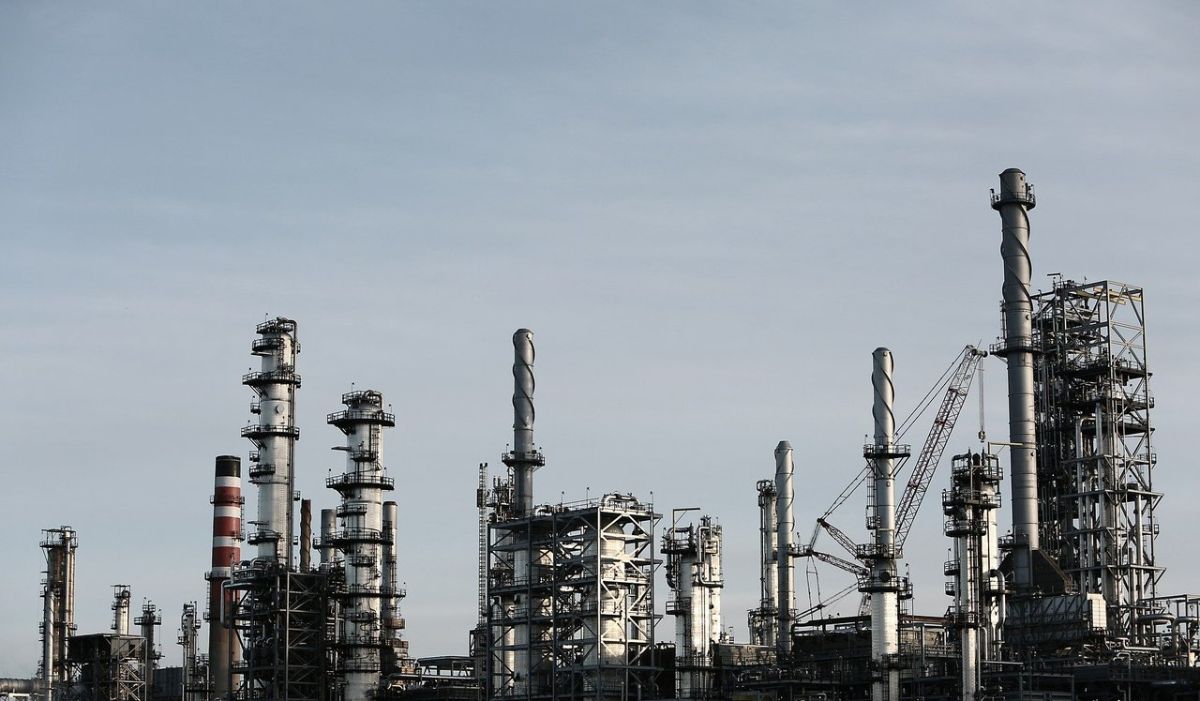Oil Prices Retreat Amid Trump’s 50-Day Deadline for Russia

Global crude oil prices slipped on Tuesday following remarks by former U.S. President Donald Trump, who gave Russia a 50-day ultimatum to end the war in Ukraine and avoid sanctions, easing immediate fears of a sudden supply disruption.
As of 07:36 GMT, Brent crude futures declined by 56 cents, or 0.8%, trading at $68.65 per barrel. U.S. West Texas Intermediate (WTI) crude also dropped 62 cents, or 0.9%, settling at $66.36 per barrel.
UBS commodity strategist Giovanni Staunovo noted that traders had initially anticipated swift sanctions that could tighten global oil supply. However, Trump’s extended deadline appeared to calm those fears.
“The focus has been on Donald Trump, there was some fear he might target Russia with sanctions immediately and now he has given another 50 days,” Staunovo said. “Those fears about an imminent additional tightness in the market have dissipated. That’s the main story.”
Prices initially surged on speculation around potential sanctions but later reversed course as investors weighed the possibility that the U.S. may delay or water down punitive measures. Attention also shifted to whether trade restrictions would be applied to nations continuing to purchase oil from Russia.
Analysts from ING warned that any decision to go ahead with sanctions could significantly alter oil market dynamics.
“China, India and Turkey are the largest buyers of Russian crude oil. They would need to weigh the benefits of buying discounted Russian crude oil against the cost of their exports to the U.S.,” ING stated in a research note.
Trump also announced new military aid to Ukraine and declared plans to impose a 30% tariff on a wide range of imports from the European Union and Mexico starting August 1. Similar threats were issued to other trade partners.
These tariffs, if implemented, could slow economic activity globally, potentially dampening demand for fuel and exerting further pressure on oil markets.
Meanwhile, fresh economic figures from China painted a bleak picture. The country’s GDP growth weakened in the second quarter as exports lost momentum, deflation persisted, and consumer sentiment remained subdued.
Tony Sycamore, a market analyst at IG, said China’s performance marginally beat forecasts due to heavy public spending and accelerated production, especially for goods bound for the U.S. before tariff hikes take effect.
“Economic data released today was concerning. Today’s tepid Chinese data has direct implications for commodities including iron ore and crude oil,” Sycamore explained.
In contrast, short-term demand for oil is expected to remain solid. A report from Russian media quoted the Secretary-General of the Organisation of Petroleum Exporting Countries (OPEC) as saying that demand should stay “very strong” through the third quarter, potentially keeping global supply and demand in equilibrium in the near term.





